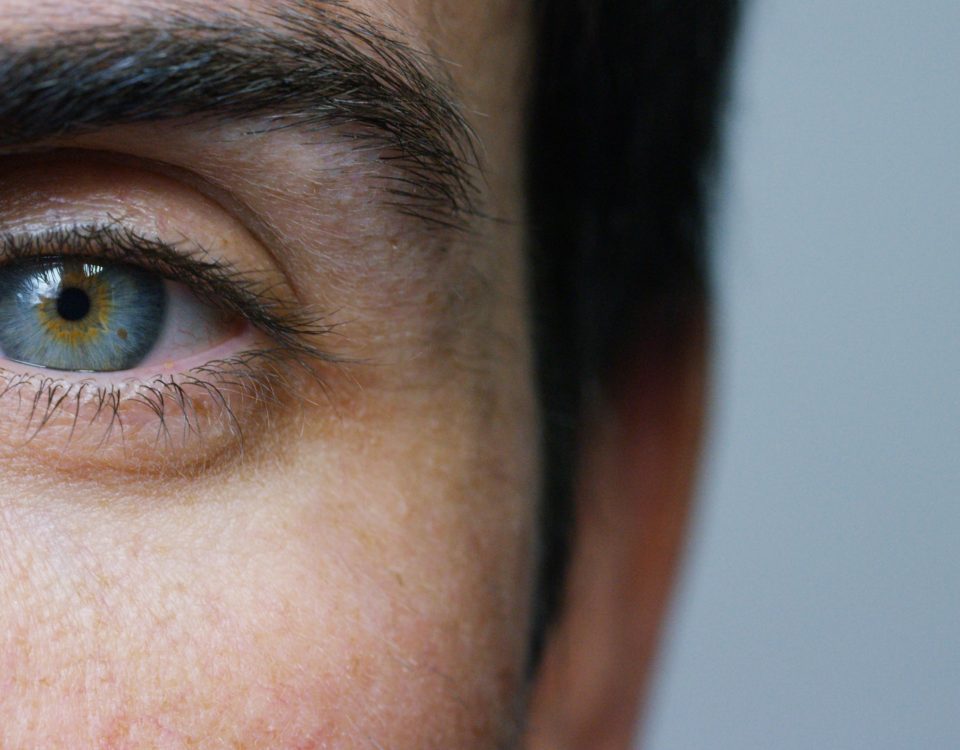Navigating Your Spring Allergies

Workplace Eye Wellness Month
03/04/2019
Practicing Good Contact Lens Hygiene
04/28/2019After a cold winter, the warmer weather, blooming flowers, and sunny days of spring are a welcome change. However, for the estimated 50 million Americans who suffer from seasonal allergies, like sneezing, congestion, and runny noses, as well as itchy, watery, red eyes, this season can feel miserable. This spring, don’t let your allergies get the best of you! Use the following tips to help you make the most of this season.
How Allergies Impact Eyes
When allergens come into contact with your eyes, mast cells release histamine and other chemicals, causing irritation, inflammation, and discomfort. This irritation can lead to temporarily blurred vision, redness, and tearing. Though itchiness does occur, rubbing eyes can worsen inflammation, so avoid contact with your eyes as much as possible—especially if your hands have lingering allergens on them!
The most common springtime allergens are pollens from trees or weeds. Other common allergens are indoor triggers, like dust mites, dander, and mold, which are prevalent during the winter and left over as spring begins, and pet dander, which is year round. And while irritants, like cigarette smoke or perfume, may not be allergens, they can exacerbate discomfort and should be avoided. To improve your allergy season, visit your ophthalmologist. During the spring season, pink eye or dry eye could exacerbate your itchy, watery eyes. A visit to the eye doctor can help you determine if there are appropriate treatments, like artificial tears or eye drops, which may improve symptoms of allergies or treat another eye-related problem.
In more extreme cases, contacting an allergist may be helpful, as they can prescribe treatments and identify specific allergy triggers. Some drugs prescribed by allergists can lead to dry eye, so be sure that there is ample communication between your eye and allergy specialists when selecting treatments.
Preventing Seasonal Allergies
The best way to tackle seasonal allergies is prevention. Although it may be impossible to avoid all known allergens, working to specifically avoid their contact with your eyes can make a great difference in how you feel. If you wear contacts, switching to glasses or daily wear lenses may be best this season. Though contacts themselves do not cause typical allergies, they can trap allergens on them, leading to increased exposure and irritation throughout the day. Additionally, wash your face and hands often to remove allergens from your skin and lashes and help decrease your allergy symptoms.
Though it may be impossible to fully avoid the outdoors, there are several ways to minimize the effects of pollen on your eyes, including:
- Changing your HVAC filters before turning on your cooling system for the first time.
- Checking pollen levels online to avoid going outside during high levels.
- Keeping the windows closed in the spring.
- Spring-cleaning your home.
- Cleaning bedding and upholstered furniture regularly to remove dust mites and other potential sources of allergens.
- Wearing sunglasses when outside to reduce the number of allergens entering your eyes or sticking on your eyelashes.
By keeping these tips in mind and minimizing your exposure to allergens, you can make the most of your season. If you have more questions about seasonal allergies or if you would like to schedule an appointment, call us today. By partnering with your ophthalmologist, you can determine the best plan for your health—allowing you to have a beautiful, comfortable, and happy spring!




